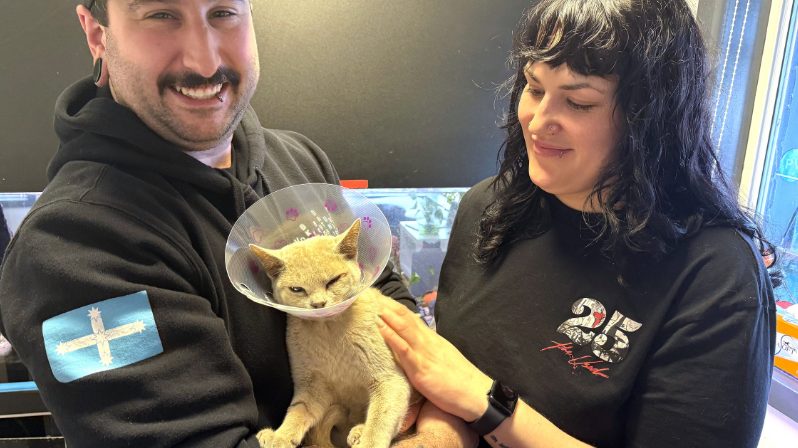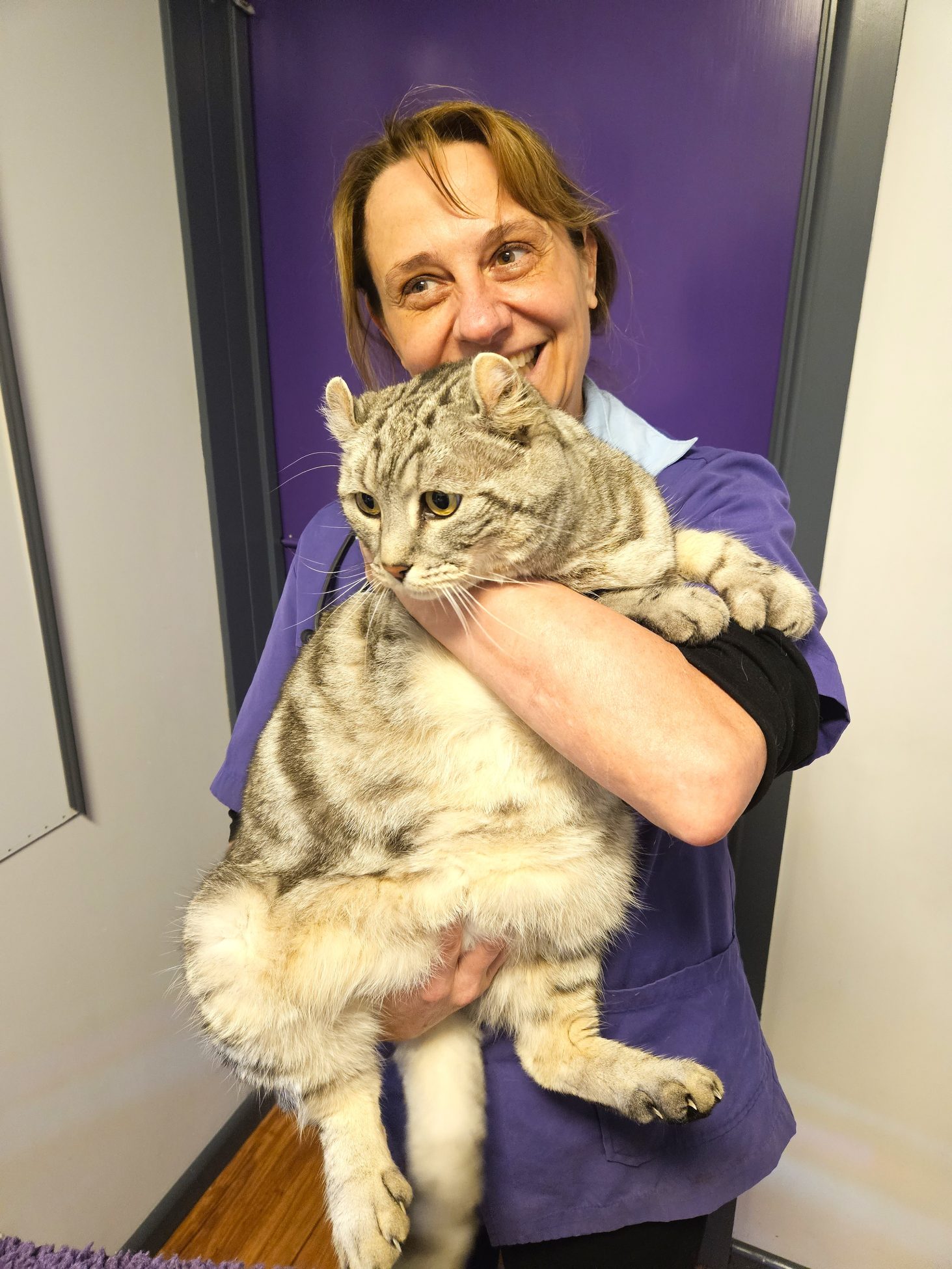
Cats often carry a reputation for being solitary creatures—but if you’ve ever watched two cats cuddle, groom one another, or play in sync, you know they can be incredibly social animals.
In fact, cats are quite adaptable in how they socialise. While some prefer solitude, many thrive in social groups—especially in outdoor environments where colonies form around shared resources.
This social flexibility is one of the many things we love about cats. But it also means they can be at risk when interacting with other felines.
One major concern is Feline Immunodeficiency Virus (FIV)—often called “feline AIDS.”
What is FIV?
FIV is a viral infection in cats that’s similar to HIV in humans. But rest assured, it cannot be transmitted to people or other species.
The virus weakens a cat’s immune system over time. Thus, making them more vulnerable to chronic infections, delayed healing, dental disease, weight loss, and even certain types of cancer.
FIV is most commonly spread through deep bite wounds—often the result of territorial fights between cats.
It’s far less likely to be transmitted through grooming, shared food bowls, or litter trays. Because of this, outdoor cats or cats prone to roaming and fighting are especially at risk.
Melbourne’s Urban Cat Landscape
In Melbourne, we have a large urban cat population, which increases the chances of cats crossing paths and coming into conflict. Unfortunately, FIV is not uncommon in these settings.
Despite this, uptake of the FIV vaccine remains low—largely because it’s not a standard part of every cat’s vaccine schedule.
If your cat has a social streak or spends time outside, it’s worth having a chat with your vet about FIV testing and vaccination. While the vaccine doesn’t cover every strain of the virus, it’s far better than leaving your cat unprotected.
Signs to Watch For: FIV in Cats
FIV weakens the immune system, so signs often appear gradually—and many aren’t noticed until the virus has progressed. That’s why early testing and regular check-ups are essential.
Common symptoms include:
- Poor coat condition or lack of grooming
- Fever, weight loss, or loss of appetite
- Inflammation in the mouth and gums
- Chronic infections (eyes, skin, bladder, respiratory tract)
- Diarrhoea, swollen glands, or lethargy
- Behaviour changes, balance issues, or seizures
- Frequent illnesses that don’t respond well to treatment
- Increased risk of cancers like lymphoma or blood disorders
Prevention Is Powerful
If you’ve got a friendly feline who likes to mingle, here’s how to protect them—and your other pets:
- Test before introductions: Check new or outdoor cats for FIV before bringing them into your home.
- Safer socialising: Cat enclosures offer a secure way for cats to enjoy the outdoors without risky fights.
- Desex to reduce roaming: Desexed cats are less likely to wander or get into trouble.
- Be safe: Vaccinate! FIV vaccines start as a 3-dose course, then continue yearly with regular shots.
- Ongoing care matters: FIV-positive cats can still live full, happy lives with regular vet visits and monitoring.
 .
.
Love Social Cats? Keep Them Safe.
Cats can be social, curious, and full of personality—and it’s our job to help them thrive safely. FIV doesn’t have to be scary, but it does need to be taken seriously.
If your cat is social, adventurous, or at risk, book a visit with your vet to discuss FIV testing, vaccination, and lifestyle options. Together, we can protect your feline family—and their right to be social, safely.


